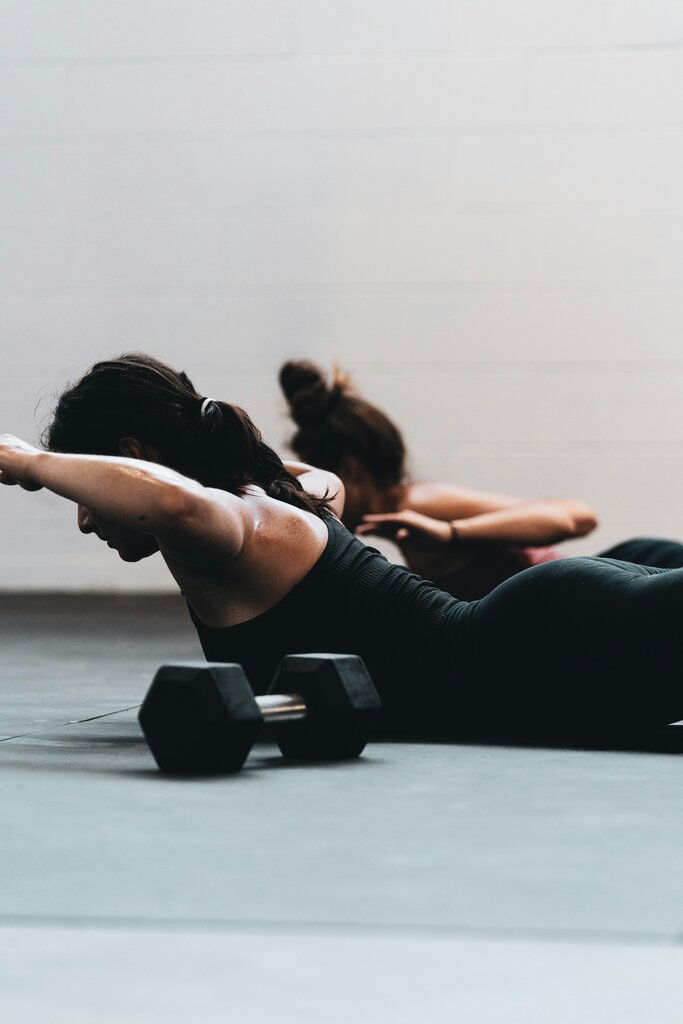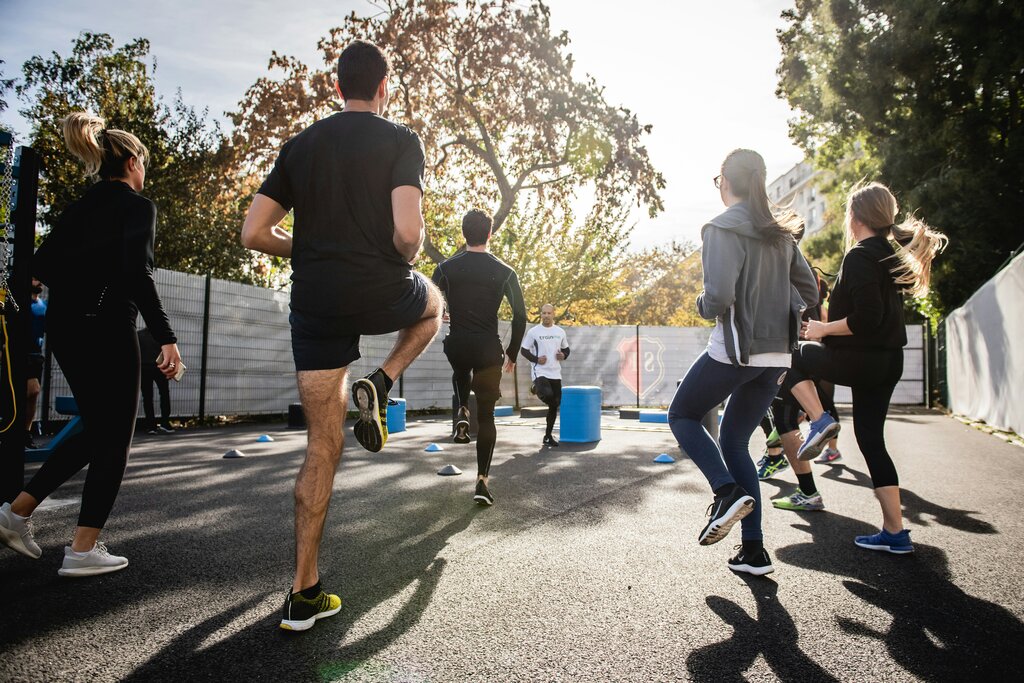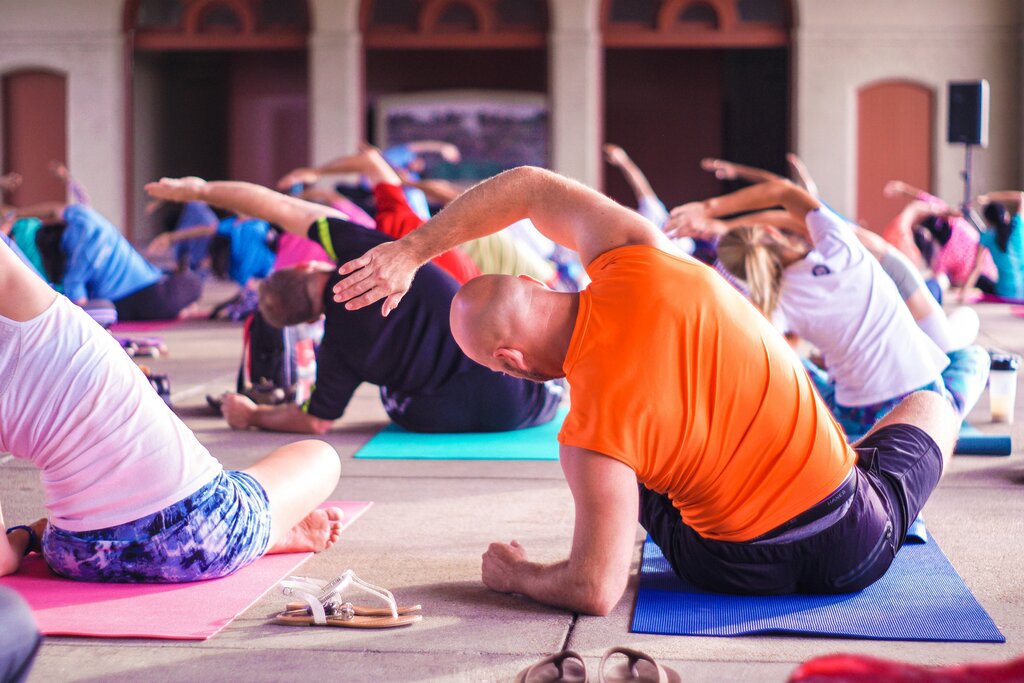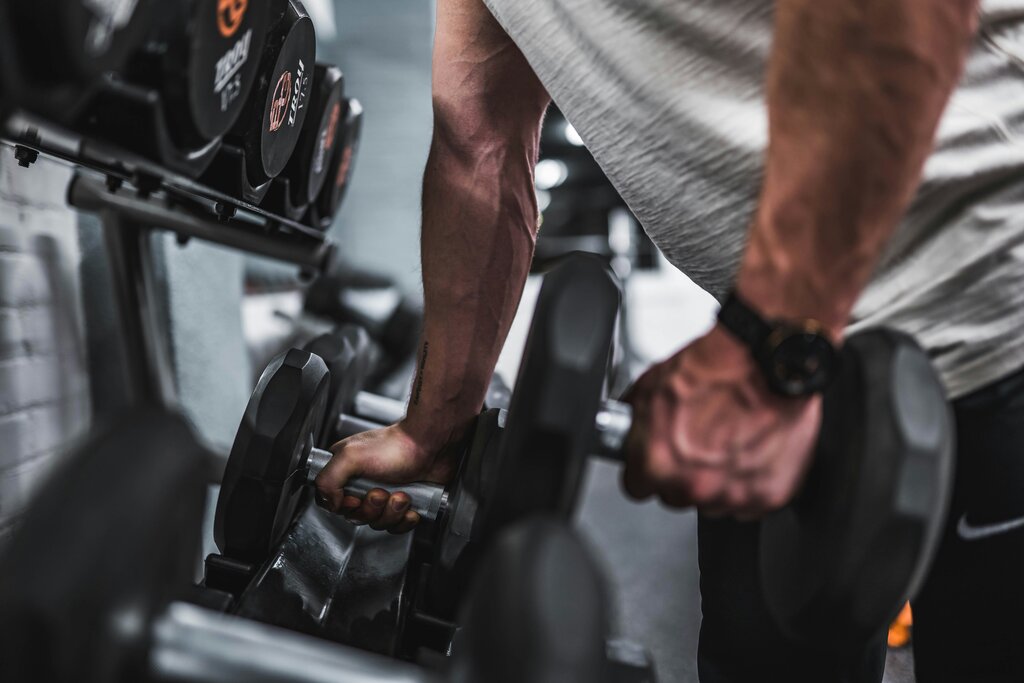How to Eat for Fat Loss During Fitness Training: A Scientific Guide

How to Eat for Fat Loss During Fitness Training: A Scientific Guide
Achieving fat loss while staying strong, energized, and healthy is one of the most common goals in the fitness world. But there's more to it than just eating less. A scientific and strategic approach to nutrition can make fat loss more efficient and sustainable鈥攅specially when paired with regular training.
In this comprehensive guide, we'll explore how to structure your diet to maximize fat loss without compromising your performance or health.
馃 The Science Behind Fat Loss
To lose body fat, the body must be in a caloric deficit 鈥攃onsuming fewer calories than it expends. However, fat loss is not just about calories. Hormonal health, nutrient timing, macronutrient ratios, and food quality all play essential roles.
馃敟 Caloric Deficit: The Cornerstone
A deficit of 500鈥?50 kcal/day typically leads to a steady fat loss of 0.5鈥? kg per week. This is considered a sustainable rate that helps preserve lean muscle mass.
Example: If your maintenance calorie level is 2,500 kcal/day, reducing to around 2,000 kcal/day would initiate fat loss.
馃崡 Macronutrients Matter
馃ォ 1. Protein: Your Muscle Protector
Protein is non-negotiable during fat loss. It supports:
- Muscle maintenance
- Satiety (keeps you fuller for longer)
- Thermic effect of food (TEF) 鈥?protein has the highest energy cost to digest
Recommended intake :
馃憠 1.6 to 2.2 grams per kg of body weight per day
For a 70 kg person, this equates to 112鈥?54 grams of protein daily.
Sources :
- Lean meats, fish, eggs, tofu, low-fat dairy, whey protein
馃 2. Fats: Don鈥檛 Fear Them
Healthy fats are vital for hormonal balance , brain function , and fat-soluble vitamin absorption .
Recommended intake :
馃憠 20鈥?0% of total daily calories
Sources :
- Avocados, nuts, seeds, olive oil, fatty fish
Avoid trans fats and limit processed seed oils.
馃崥 3. Carbohydrates: Fuel for Performance
Carbs are the preferred energy source for most workouts, especially high-intensity or resistance training.
Recommendation : 馃憠 Carbs should fill the remaining calories after setting protein and fat intake. On training days, slightly increase carbs , and decrease slightly on rest days.
Sources :
- Whole grains, fruits, vegetables, oats, rice, legumes
馃晵 Nutrient Timing: Does It Matter?
While total daily intake is most important, timing can help optimize performance and recovery.
Pre-Workout
- Eat 1鈥? hours before training
- Include carbs and protein (e.g., banana + Greek yogurt)
Post-Workout
- Aim to eat within 1 hour post-training
- Focus on protein (20鈥?0g) and some carbs to replenish glycogen
馃挕 Contrary to myth, the "anabolic window" is not a strict 30-minute period. It can last up to several hours post-exercise.
馃ウ Food Quality: Whole Foods Over Processed
Calories are not created equal. Choosing nutrient-dense whole foods over ultra-processed ones helps:
- Improve satiety
- Reduce cravings
- Stabilize blood sugar levels
- Promote gut health
Focus on:
- Vegetables (especially leafy greens)
- Lean proteins
- Complex carbs
- Healthy fats
Avoid:
- Sugary snacks
- Processed meats
- Fried foods
- Sugar-sweetened beverages
馃 Micronutrients & Hydration
Vitamins & Minerals
Deficiencies can sabotage fat loss and recovery. Ensure adequate intake of:
- Magnesium (muscle relaxation, metabolism)
- Iron (oxygen transport, especially for women)
- Vitamin D (hormonal support)
- B vitamins (energy metabolism)
Supplements may help, but food sources are preferable.
Hydration
Dehydration can lead to:
- Fatigue
- Impaired performance
- Misinterpreted hunger signals
Aim for : 2鈥? liters of water daily (more if sweating heavily)
鉂?Common Fat Loss Diet Mistakes
Cutting calories too low
Leads to muscle loss, fatigue, hormonal disruption.Skipping protein
Accelerates muscle breakdown.Too much cardio, too little food
Can lead to metabolic slowdown and performance drops.All-or-nothing mentality
One 鈥渂ad鈥?meal won鈥檛 ruin your progress; consistency matters more.Ignoring sleep and stress
Cortisol spikes (from poor sleep or stress) can increase fat storage, especially belly fat.
馃М Sample Day of Fat Loss Eating (for 70 kg individual)
| Meal | Example |
|---|---|
| Breakfast | Oatmeal with whey protein and berries |
| Snack | Boiled eggs + a handful of almonds |
| Lunch | Grilled chicken breast, quinoa, broccoli |
| Snack | Greek yogurt with chia seeds |
| Dinner | Baked salmon, sweet potato, spinach salad |
| Post-workout (if training late) | Protein shake + banana |
馃攣 Sustainable Fat Loss: It鈥檚 a Marathon
You didn鈥檛 gain fat overnight, and you won鈥檛 lose it overnight either. Patience, consistency, and smart nutrition are the keys to lasting success.
"Discipline is choosing between what you want now and what you want most."
馃摎 References
Helms, E., Aragon, A., Fitschen, P. (2014). "Evidence-based recommendations for natural bodybuilding contest preparation: nutrition and supplementation." Journal of the International Society of Sports Nutrition , 11(1), 20.
Slater, G., Phillips, S. (2011). "Nutrition guidelines for strength sports: sprinting, weightlifting, throwing events, and bodybuilding." Journal of Sports Sciences , 29(sup1), S67鈥揝77.
Schoenfeld, B., Aragon, A. (2018). "How much protein can the body use in a single meal for muscle-building?" Journal of the International Society of Sports Nutrition , 15(1), 10.




